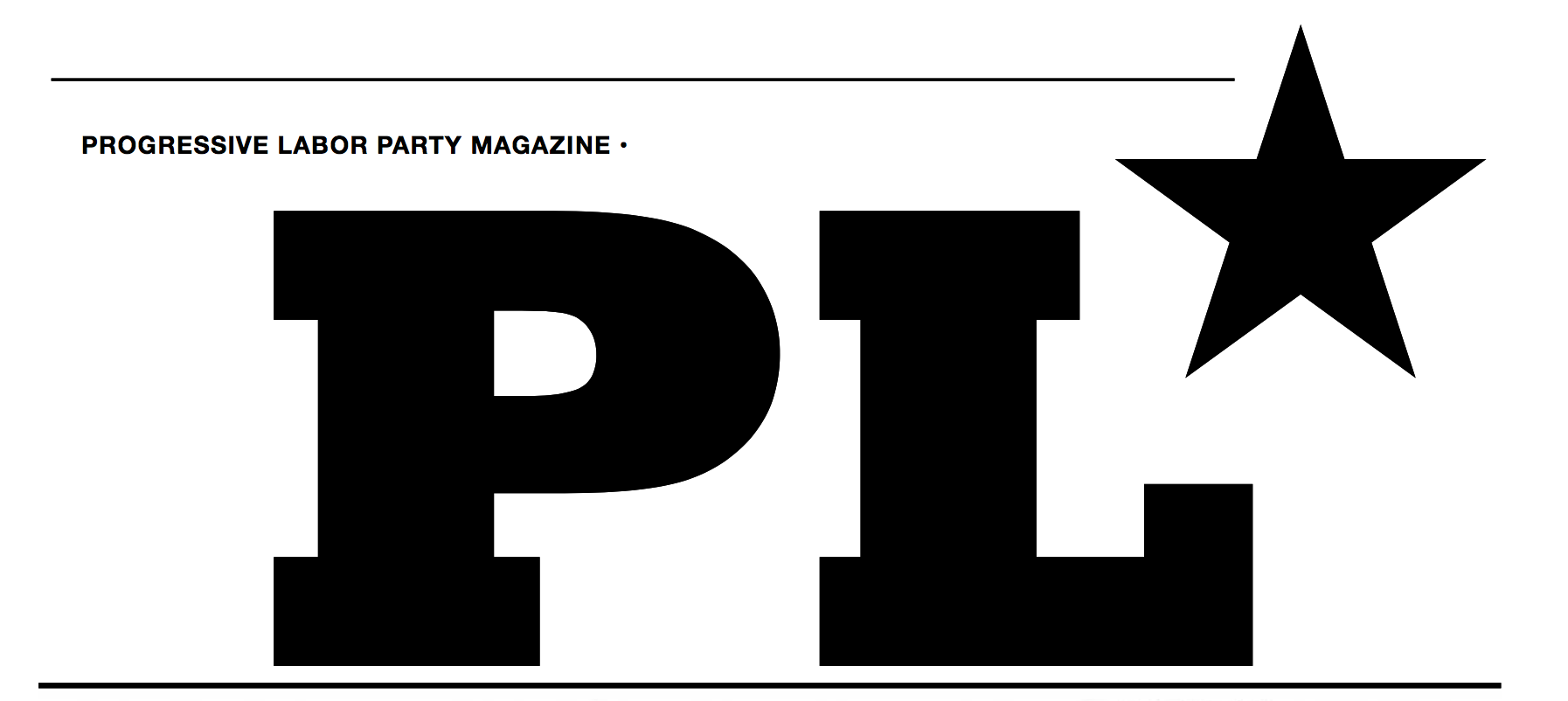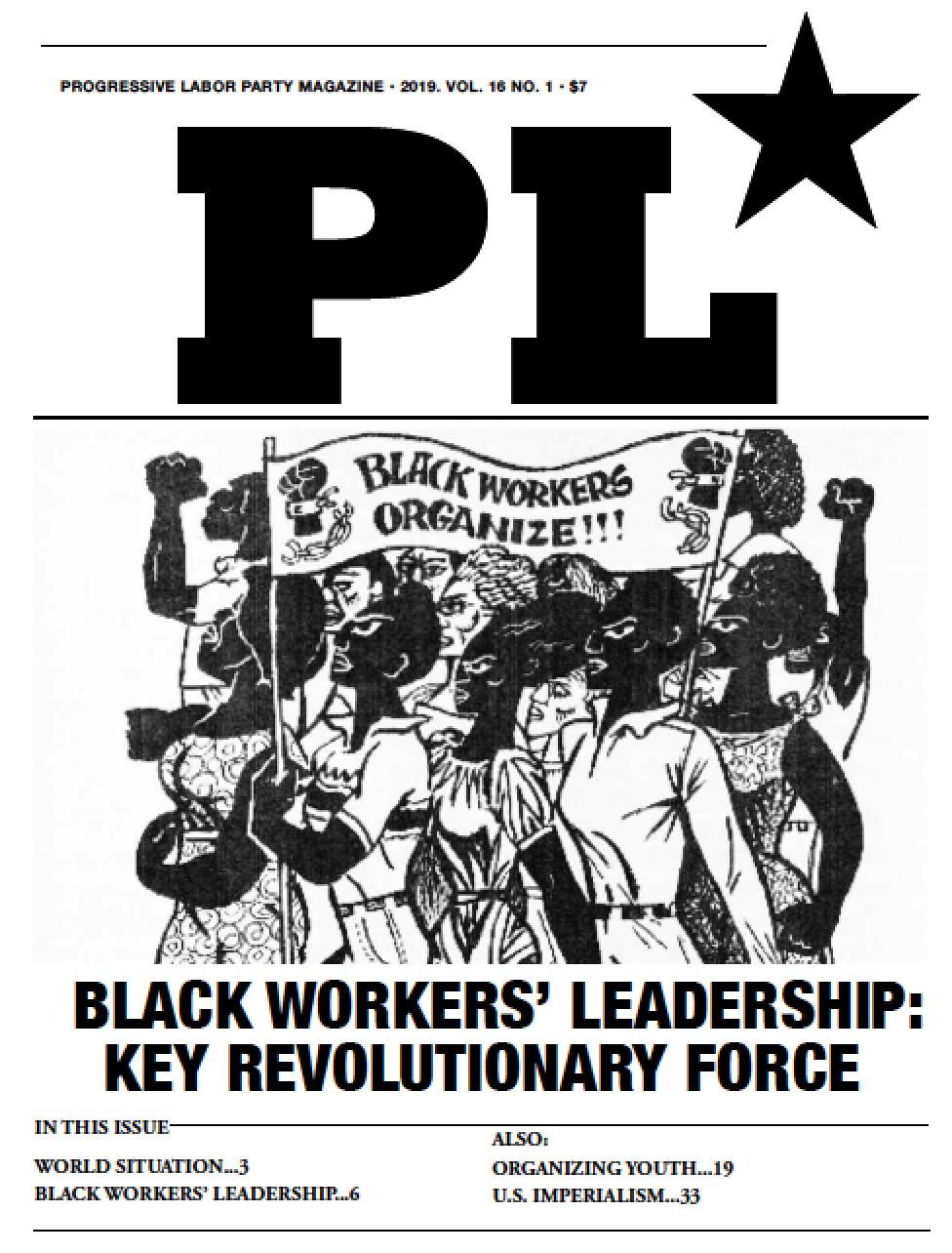Bosses Fight for Share of Iran’s Auto Market
 Thursday, November 14, 2013 at 3:47PM
Thursday, November 14, 2013 at 3:47PM Competition for maximum profits is a law of capitalism. Capitalists fight to gain a profit advantage over their rivals, both within a country and between countries. Ultimately the fight between the two antagonistic classes — workers and bosses — is the main determinant of world events. However, currently — as CHALLENGE has correctly pointed out — due to the weakness of workers’ class struggle, and especially the absence of a mass communist-led working class, inter-imperialist rivalry has governed world affairs.
Inevitably the capitalists settle their differences by going to war, which occurred on a world scale twice between 1914 and 1945. What drives them to war is the competition in the economic sphere, for markets, resources and masses of cheap labor. Economic wars lead inevitably to shooting wars.
Much of this has been reflected in proxy wars in the Middle East and Southeast Asia, as well as in U.S. rulers’ direct invasions (Iraq and Afghanistan), partly to control energy supplies and pipelines. In addition, however, this rivalry is also intensifying in another economic war, specifically in the world’s auto industry.
From the 1980s until 2011, the French automaker Peugeot was selling 455,000 cars per year in Iran, one-third of the country’s auto market, all assembled in Iran from parts shipped by Peugeot from Vesoul, France. Then on June 3, nine days before the Iranian elections, Barack Obama signed an executive order authorizing the U.S. Secretary of the Treasury to take sanctions against any company that furnishes or has already furnished “goods and services” to the “automobile sector in Iran.” This would have a direct effect on Peugeot. However, Obama’s decree was careful not to forbid delivery to Iran of completely built cars, opening the market to General Motors and other U.S. automakers through their foreign subsidiaries. Since June auto manufacturers have been anticipating this opening of the Iranian market, estimated at 1,500,000 cars a year.
Meanwhile, Korean manufacturer Daewoo is preparing to be the star at Teheran’s auto show this month. And guess who holds a 47 percent stake in Daewoo? None other than GM. After Obama moved to bail out GM from bankruptcy, he now helps GM in its profit war with its rivals.
But how does this attempt by GM to sell cars in Iran square with the ongoing fight between the U.S. and Iran over the latter’s nuclear ambitions, which seemingly has been leading to military confrontation? Such a war would certainly damage GM’s ability to enter the Iranian auto market. A potential resolution to this contradiction could result from what appears to be a new outlook within the U.S. ruling class on what to do about Iran.
On November 4, the New York Times — chief mouthpiece of the main financial wing of the U.S. ruling class — published three items which seemed to fly in the face of the idea that war with Iran is inevitable and might be prompting the attempt of U.S. automakers to win a goodly share of Iran’s auto market.
An editorial — “Congress Can Help on Iran” — made the case that the situation is moving towards “a broader rapprochement” between Iran and the West and therefore this is not the time for Congress to impose even stricter sanctions on Iran because they “could sabotage the best opportunity in years for a peaceful resolution” of a nuclear agreement.
The second item was an op-ed piece entitled, “Talk to Iran, It Works” by Ryan Crocker, former U.S. ambassador to Iraq and Afghanistan and dean of the Bush School of Government at Texas A & M. He maintains that “talks with Iran have succeeded before and they can succeed again.” He then reviews the two ruling classes’ cooperation right after 9/11 when Iran gave “extremely valuable” information “showing the Taliban’s troop strength and positions just before American military action began,” an invasion of which Iran was “a strong proponent.” Ambassador Crocker says he “made agreements on various security issues” with Iran but the cooperation ended when Bush gave his “axis of evil” speech in early 2002, indicting Iran, Iraq and N. Korea.
The third article — headlined “Iran’s Top Leader and U.S. Counter Criticism of Talks” — reported on current nuclear talks with Iran in Geneva. Iran’s supreme leader Ayatollah Khamenei, while pessimistic on an agreement, nevertheless “moved to quiet hard-liners in his country by expressing support for his negotiating team” when the diplomatic initiative had been attacked by “conservative clerics and military commanders.”
Now all this doesn’t necessarily mean that there will be an agreement and that there won’t be a U.S. military clash with Iran, but it also seems to indicate that there are sentiments in the U.S. ruling class that might want such an agreement. This would certainly coincide with Obama’s actions to help GM and other U.S. automakers reap a profit harvest from Iran’s potential 1,500,000 auto sales.
However, France has now held up an agreement in an attempt to lead Mideast countries opposed to Iran — Israel, Saudi Arabia and United Arab Emirates. France has signed lucrative contracts with the latter two, including a $5 billion contract containing delivery of ground-to-air missiles to the Saudis and aircraft to Qatar. (Their position has been supported by U.S. right-wingers John McCain and the Wall Street Journal who proclaim “Vive la France.”)
So French rulers’ hold-up of an agreement with Iran may indicate a willingness to sacrifice some of Peugeot’s profits in Iran in exchange for becoming a leading arms supplier in the Mideast.
With negotiations over Iran’s nuclear ambitions in the background, the fight over its auto market becomes another factor in what happens among these competing capitalists. Of course, the exploitation of the auto-workers who produce the cars is what enables these bosses to engage in these auto wars. It is only class war between the workers and these bosses that can lead to a revolution dumping the exploiters.





 Progressive Labor Party (PLP) fights to destroy capitalism and the dictatorship of the capitalist class. We organize workers, soldiers and youth into a revolutionary movement for communism.
Progressive Labor Party (PLP) fights to destroy capitalism and the dictatorship of the capitalist class. We organize workers, soldiers and youth into a revolutionary movement for communism.




Reader Comments